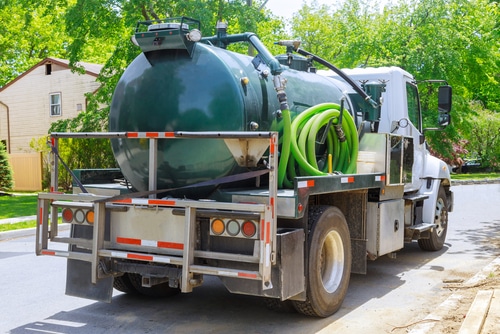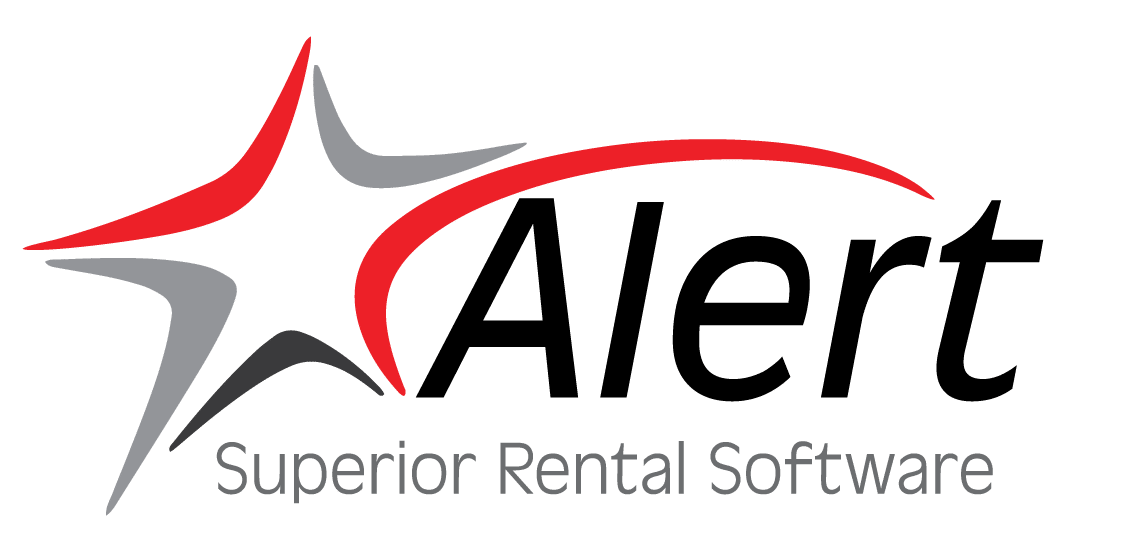How to Optimize Portable Restroom Service Routes and Cut Costs
Running a portable toilet business isn’t just about placing units—it’s about efficiently servicing and moving them every single day. Fuel prices, labor costs, and customer expectations make route planning one of the most critical (and expensive) parts of operations.
This guide walks through proven strategies to streamline dispatching, reduce mileage, and keep customers happy—all while boosting your bottom line.
Why Route Optimization Matters
Portable sanitation companies juggle dozens or even hundreds of service stops each day. Without a smart plan, drivers waste time backtracking, burning extra fuel, and risking late arrivals.
Key benefits of optimizing service routes:
- Lower Fuel & Labor Costs: Fewer miles means less gas and less driver overtime.
- Improved Customer Satisfaction: On-time servicing keeps events, construction sites, and municipalities running smoothly.
- Better Fleet Utilization: You can service more units with the same number of trucks and staff.
1. Map Every Asset
Start with accurate, up-to-date information on every portable toilet and restroom trailer:
- GPS Locations: Use a mobile app or QR code scanning so each unit’s location is exact.
- Service Schedules: Record cleaning frequency, event start/end dates, and special requirements.
- Condition Reports: Track notes and photos from previous services to flag problem units.
When you know precisely where each unit sits and what it needs, creating efficient routes becomes much easier.
2. Use Route Optimization Software
Paper maps and manual spreadsheets can’t compete with modern dispatch tools.
Look for a portable toilet rental software (like Alert Rental Software) that offers:
- Drag-and-Drop Route Planning with real-time traffic updates.
- Driver Mobile App to provide turn-by-turn directions and allow proof of service with photos and signatures.
- Real-Time GPS Tracking so dispatch can monitor progress and make mid-day adjustments.
Companies that switch from manual planning often cut fuel costs by 15–25% in the first year.
3. Build Smarter Service Schedules
Route optimization is only as good as the data you feed it. Improve scheduling by:
- Grouping by Geography: Assign drivers to specific service zones to minimize cross-town trips.
- Staggering Service Days: Balance workloads so no single day is overloaded.
- Factoring in Cleaning Frequency: High-traffic event units might need daily service; low-use construction units might need weekly visits.
Pro Tip: Use historical data to predict seasonal spikes, like summer festivals or peak construction months.
4. Track and Adjust in Real Time
Even the best plan needs flexibility.
- Live Alerts: If a driver runs behind, dispatch can reroute others to cover urgent stops.
- Customer Notifications: Automated texts or emails let clients know when to expect service.
- Performance Reports: Analyze mileage, time per stop, and missed services to improve future planning.
5. Train and Incentivize Drivers
Drivers are the heart of route efficiency. Provide training on:
- Using the mobile app for check-ins and proof of service.
- Best driving practices to reduce fuel use.
- Handling last-minute changes gracefully.
Consider small bonuses for consistently hitting mileage or on-time goals—these can pay for themselves in fuel savings.
6. Bonus: Integrate Billing and Maintenance
The best portable restroom software doesn’t stop at routing. It should also:
- Automate Recurring Billing so invoices match actual service frequency.
- Schedule Preventive Maintenance for trucks and units.
- Sync With Accounting Tools like QuickBooks to keep finances accurate.
When dispatch, billing, and maintenance are connected, you eliminate double entry and gain a complete view of your operations.
5. Streamlined Logistics and Delivery Scheduling
Conclusion
Efficient routes mean lower costs, happier customers, and less stress.
By mapping assets, using advanced software, and continually fine-tuning schedules, portable toilet businesses can boost profit margins—without adding trucks or staff.
Ready to see what modern dispatching can do for your business?
Schedule a Demo of Alert’s Portable Toilet Rental Software and start saving today.

Share this post with Friends
| Your Own Server | Alert on the Cloud | |
|---|---|---|
| Cost | $5000+ plus ongoing IT costs | Starting at $249/month for first 5 users |
| Backups | Additional fees | Secure backup and restoration service included |
| Features | Alert offers a fully featured product at every level. Nothing "Lite" | |
| Credit Card Processing | Use our preferred vendors to save money—or use your own preferred vendor! | |
| Windows | Yes | |
| Linux | Yes | |
| SaaS | Yes | |
| Support Accessibility | US-based support available—by people you know | |
| User Conference | Alert's Users Conference was the first in the industry and meets annually for the past 40 years. Alert users drive our software development. | |
| Flexibility | We help improve your processes and work with you to create custom solutions for your rental software | |
| Performance | Limited by the capacity of local infrastructure | Performance can depend on internet speed |

